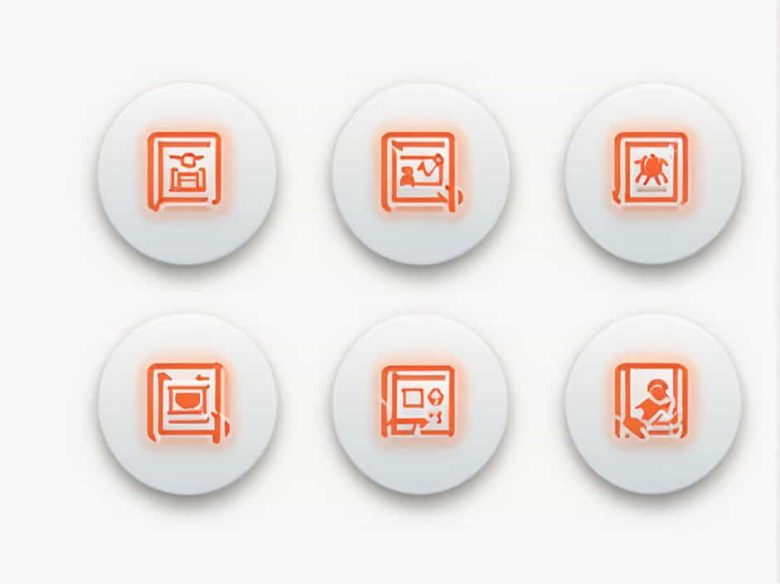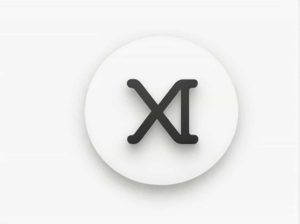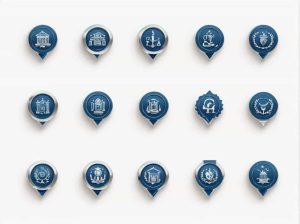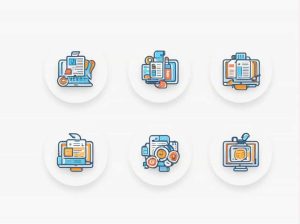Achieving a Bachelor Pass in the National Senior Certificate (NSC) is a crucial milestone for South African students who wish to pursue higher education. This qualification determines whether a student is eligible to apply for a bachelor’s degree at a university.
The NSC is awarded after completing Grade 12 and students must meet specific minimum subject requirements to qualify for a Bachelor Pass. In this topic we will break down the requirements subject criteria and tips for achieving a Bachelor Pass in the NSC.
1. What Is a Bachelor Pass in the NSC?
A Bachelor Pass is one of the four pass levels in the National Senior Certificate (NSC) awarded to South African students after completing their Matric (Grade 12). This pass allows students to enroll in bachelor’s degree programs at universities provided they meet additional university-specific entry requirements.
The NSC pass levels include:
- Bachelor Pass – Required for university admission
- Diploma Pass – Eligible for diploma courses
- Higher Certificate Pass – Eligible for certificate programs
- NSC Pass (Senior Certificate Pass) – Eligible for certain vocational courses
A Bachelor Pass is the highest level of achievement but it does not guarantee university admission. Each university has its own admission point score (APS) system and program-specific requirements.
2. Minimum Subject Requirements for a Bachelor Pass
To obtain a Bachelor Pass students must meet the following minimum subject requirements:
1. Home Language (Compulsory Subject)
- A minimum of 40% in one official language at Home Language level is required.
2. First Additional Language or Other Subject
- A minimum of 30% in another official language or an approved subject.
3. Mathematics or Mathematical Literacy
- Students must achieve at least 30% in Mathematics or Mathematical Literacy. Some university programs require pure Mathematics instead of Mathematical Literacy.
4. Life Orientation
- A minimum of 30% is required in Life Orientation. However this subject does not count toward the APS score used by universities.
5. Other Subjects
- A minimum of 50% in at least four other subjects that are classified as designated subjects.
Designated subjects include:
- Accounting
- Agricultural Sciences
- Business Studies
- Economics
- Engineering Graphics and Design
- Geography
- History
- Life Sciences
- Physical Sciences
- Information Technology
If a student meets all these minimum requirements they will qualify for a Bachelor Pass in their NSC.
3. Understanding the APS (Admission Point Score)
Although a Bachelor Pass allows students to apply for university admission is not automatic. Universities use an Admission Point Score (APS) to determine eligibility for specific courses.
How to Calculate Your APS
Each subject is assigned points based on the percentage achieved:
| Percentage | APS Score |
|---|---|
| 80 – 100% | 7 |
| 70 – 79% | 6 |
| 60 – 69% | 5 |
| 50 – 59% | 4 |
| 40 – 49% | 3 |
| 30 – 39% | 2 |
| 0 – 29% | 1 |
Universities require a minimum APS score which varies by program. For example:
- A Bachelor of Medicine and Surgery (MBChB) may require an APS of 35-45.
- A Bachelor of Science (BSc) may require an APS of 28-35.
- A Bachelor of Arts (BA) may require an APS of 22-30.
Each university and course has different APS requirements so students must check their desired institution’s admission criteria.
4. Tips to Achieve a Bachelor Pass in the NSC
1. Choose Your Subjects Wisely
- Select subjects that align with your career goals and university requirements.
- Some degree programs require Physical Sciences and Mathematics so plan accordingly.
2. Focus on Core Subjects
- Home Language and the four designated subjects must meet the minimum 50% requirement.
- Work on improving weaker subjects to maximize your APS score.
3. Practice Past Exam Papers
- Studying past NSC exam papers can help you understand the exam format and common questions.
- This improves confidence and time management during exams.
4. Get Extra Help if Needed
- Attend extra classes or tutoring sessions if you struggle with key subjects like Mathematics Science or Accounting.
- Many online platforms offer free NSC study resources.
5. Develop a Study Schedule
- Create a realistic study plan that covers all subjects.
- Balance revision practice tests and breaks to avoid burnout.
6. Stay Motivated and Confident
- A positive mindset can improve focus and academic performance.
- Surround yourself with supportive peers and stay disciplined in your studies.
5. What Happens if You Don’t Meet the Bachelor Pass Requirements?
If a student does not achieve a Bachelor Pass they still have options:
1. Diploma Pass
- Students who obtain 40% in four subjects qualify for diploma courses at universities of technology or TVET colleges.
2. Higher Certificate Pass
- With a 30% pass mark in four subjects students can enroll in certificate programs at colleges.
3. Matric Rewrite or Upgrade
- Students can rewrite their NSC exams or attend a Matric upgrade program to improve their results.
4. Alternative Education Pathways
- Some private colleges offer bridging courses that allow students to transition into degree programs later.
6. Common Questions About the Bachelor Pass
Q1: Is Life Orientation included in the APS score?
No Life Orientation is not counted in the APS calculation used for university admissions.
Q2: Can I qualify for a university degree with a Diploma Pass?
No a Diploma Pass only allows entry into diploma programs. To study for a bachelor’s degree a Bachelor Pass is required.
Q3: What happens if I fail one subject?
If you fail one subject but still meet the minimum Bachelor Pass requirements you can still qualify. However failing a critical subject like Mathematics or Home Language may affect your APS score.
Q4: How many subjects are required for the NSC?
Students must take seven subjects:
- Two official languages
- Mathematics or Mathematical Literacy
- Life Orientation
- Three other subjects
Achieving a Bachelor Pass in your NSC is essential for university admission in South Africa. Students must meet specific subject requirements earn 50% or more in four designated subjects and maintain a strong APS score.
With proper planning effective study habits and determination students can successfully obtain a Bachelor Pass and open doors to higher education opportunities. If challenges arise rewriting exams or alternative pathways can still help students achieve their academic goals.



